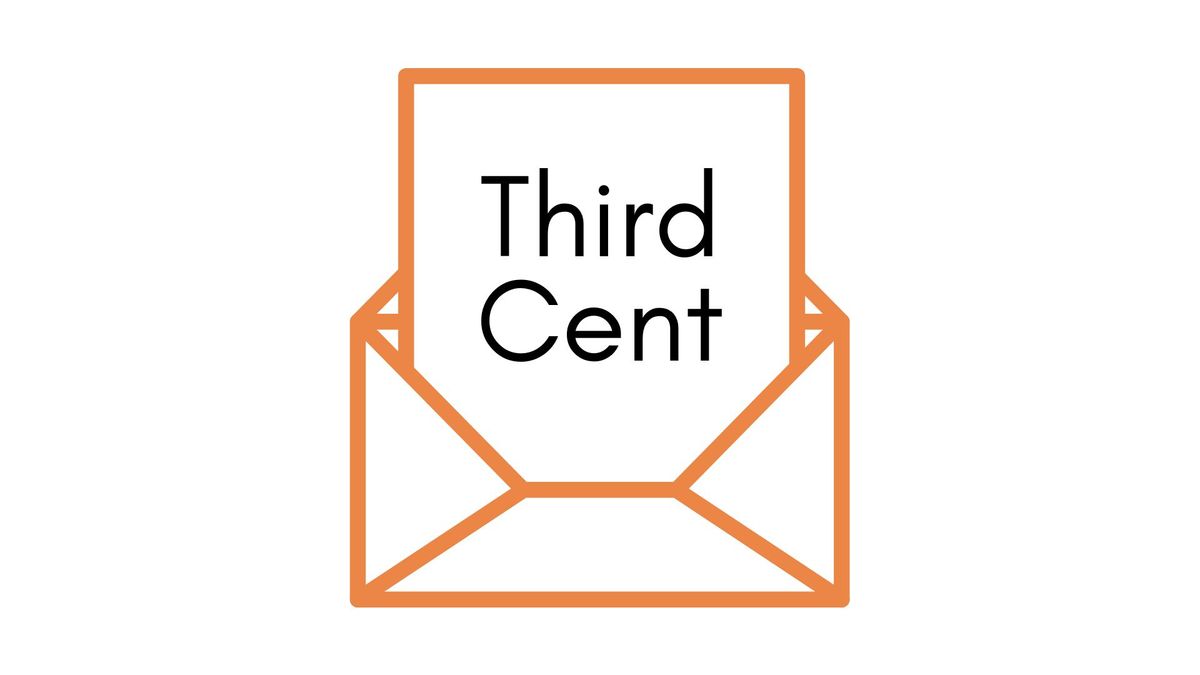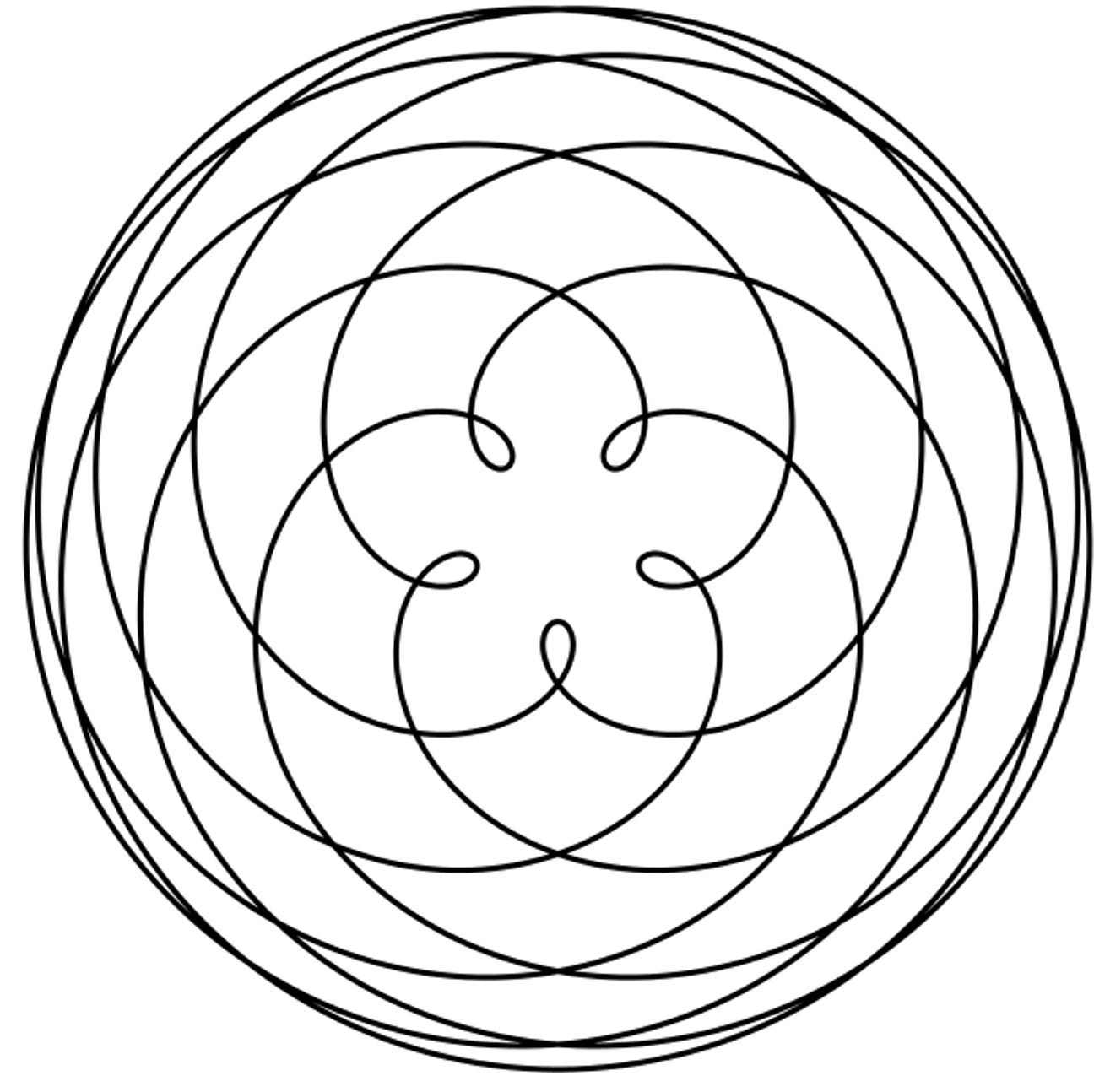CB Session 7 - Consumer Decision Making Process

Paradigms, Theories, and Transformative Consumer Research
Review:
In the previous class, we discussed how Zerodha, the discount stockbroking platform, could use its understanding of consumer behaviour to efficiently enter consumers' set evaluation set and become the go-to service provider using technology and transparency.
Paradigm shifts:
In today's session, we tried and understood the consumer decision-making process from a theoretical perspective. Specifically, we ask ourselves, what are the key determinants of behaviour? But before answering this question, we discussed a little bit of scientific history.
Nearly 500 years ago, Galileo challenged the dominant paradigm of Geocentricism (the belief that the earth was at the centre of everything because the Bible said so) after observing the moons of Jupiter revolving around the Planet. (read more here: https://solarsystem.nasa.gov/news/307/galileos-observations-of-the-moon-jupiter-venus-and-the-sun/) .

Galileo believed the earth couldn't be at the centre of all planets since there were too many irregularities in the heavens. For instance, if the earth were really at the centre of the universe, the planet Venus would have to follow a pattern like this:

Galileo believed that there has got to be a more straightforward explanation. And that explanation was Heliocentrism. In summary, one world view was replaced by another, superior, more parsimonious world view. Similar events also occur in social sciences (more often than you imagine).
Theories to explain human behaviour:
Back in 1960, Dr Icek Ajzen made a groundbreaking contribution to the realm of psychology. He proposed that all human behaviours were influenced by behavioural intentions (i.e. you performed certain behaviours because you intend to perform them). These behavioural intentions were, in turn determined by the attitudes held and the subjective norms that prevailed. For example, someone chose to smoke or drink because they were positively predisposed to performing the action. But this alone was not necessary; it was also essential that smoking or drinking was acceptable in the social context. Think about it this way, you may be positively predisposed to smoking (have a positive attitude towards it), but would you do so in a classroom setting? Why not?
Therefore, Ajzen theorised that a combination of attitudes held, and subjective norms helped individuals exhibit behaviours. They called this the theory of Reasoned Action (TRA for short). After the theory was published, thousands of scholars from around the world tested it in various contexts and settings and found overwhelming support. Aizen and his collaborator (including Martin Fishbein) figured that TRA, just like the biblical geo-centric world view, did have its limitations and that there were factors that the TRA was not considering. They proposed to update the TRA to factor in incomplete volitional control. In comes the theory of planned behaviour.
In his theory of planned behaviour (TPB in short), Icek Ajzen adds one more construct, ‘perceived behavioural control’, to the list of items that influenced behavioural intentions (which in turn impacted behaviour). Who better than Dr Ajzen himself to explain this to you?
Please have a look at the video linked here:
to learn more.
In the video, Dr Ajzen explains how the TPB helps us understand human behaviours and helps plan interventions to help change them. While the video is somewhat long, It offers a very comprehensive overview of the subject matter in discussion. Specifically, he clarifies that interventions that have a theoretical foundation (such as those that are based on the TPB) have more impact on consumers and a better chance of success in altering human behaviour.
Questions to ponder over:
Let me leave behind with you some questions. If I could design some targeted interventions to improve students’ case and pre-reading habits (remember, Habits are automatic behaviours that are learned), what would they be? Would I benefit most from targeting your attitude towards reading cases? Or help you gain some behavioural control? or work on subjective norm?
The way forward:
In the years to come, scholars may be able to present theories that do a better job of explaining human behaviour. We will have to wait and see. In the meanwhile, I would like you to explore transformative consumer research, a movement within the consumer research that “seeks to encourage, support, and publicize research that benefits consumer welfare and quality of life for all beings affected by consumption across the world”. More details about it can be found here: https://www.acrwebsite.org/web/tcr/. As always, we can discuss more in person. Happy Independence day! Have a great weakened ahead.



